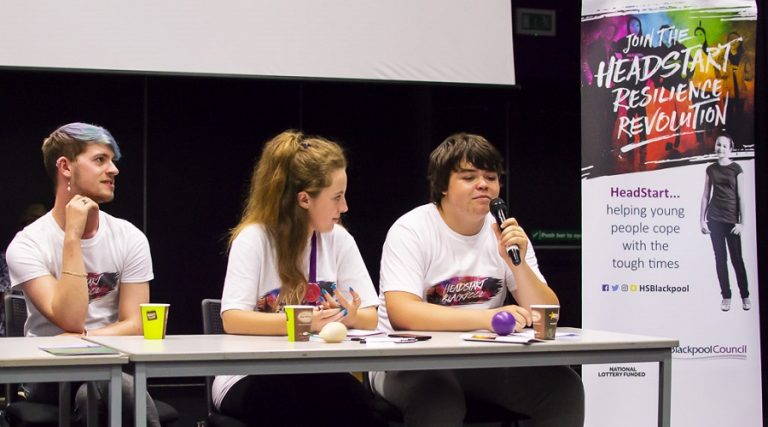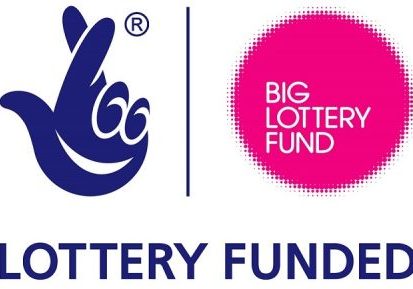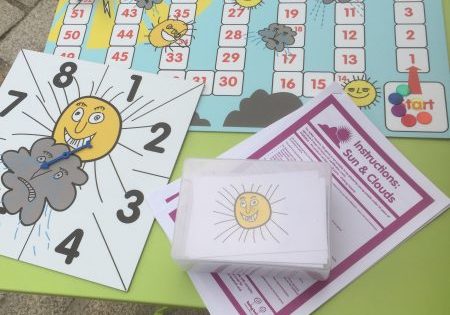Boingboing blogs from… The Big Resilience Get Together
Learning event at Blackpool Sixth Form College – 30 July-1 August 2019
By Judy Perraton – Schools’ & Colleges’ MHEW Adviser, East Sussex County Council
What a privilege to have attended days 1 (creating resilient school communities) and 3 (mental health) of this event at Blackpool Sixth Form College.
Professor Neil Humphrey from the University of Manchester emphasised the crucial role of schools in promoting positive mental health. Manchester is leading research to illustrate improvement in attainment and mental health through Social, Emotional and Mental Health (SEMH) skills development, and the role of relationships in secure and happy environments.
I heard about the Wellbeing Measurement Framework findings following a Child Outcomes Research Consortium (CORC) evaluation in all Blackpool schools. The key elements were: Mental health and emotional wellbeing, emotional strengths and skills, and social support networks. The purpose was to put in local strategies to improve practice/provisions and then to evaluate the difference made – had the baseline moved? It was a good ‘walk through’ of the results, showing how Blackpool schools compared with national averages and other HeadStart areas. Templates are available from the CORC website.
I loved learning about the Resilience Committees – these are made up of around 8 Young People (YP) in each Blackpool primary and secondary school, and aim to:
- Promote a therapeutic approach to adversity
- Empower students to thrive, contribute and make changes
- Encourage and enable co-production
- Value pupil voice
- Promote diversity within the committee.
Every school is different but the underpinning principles are: flexibility, understanding, support and accepting everyone’s individual starting points; an equity-based group to complement the school council and ensure that the school addresses the needs of the whole school community.
The self-harm workshop outlined a project supporting YP for 8 weeks following presentation for self-injury at A&E. Therapists shared their strengths-based approach (as advocated by NICE guidelines) through really getting to know the YP, their history, environment and family, and tailoring support to their individual needs. I loved the ‘Distraction Box’, full of objects (chosen in view of their interests) to distract from urges to self-harm, and given to the YP for the duration of their support. Psycho-education and a safety plan template supported learning and provided a thinking model.
The University of Brighton’s workshop about a Value Creation Framework was focussed on ‘how to produce things of value, and what made them work?’ YP gave examples of different types of value and the resulting outcomes; it was moving to see how their involvement had been so transformative, e.g. ‘a realised sense of pride and ownership of my community’ – ‘ideas lead to actions lead to results’.
Other young person-led topics included ‘Friend for Life’ project, where YP in the care system are matched with an adult friend; anti-bullying charters, and examples of resilient thinking in everyday practice. It was humbling to see YP taking the lead on so many levels across Blackpool’s entire infrastructure, and ‘holding their schools to account’ to build resilience from the ground up and improve connectedness and systems as a result. The Resilience Pathway is a case in point, and an enduring testament to the commitment and confidence instilled in everyone involved in the HeadStart Resilience Revolution.



